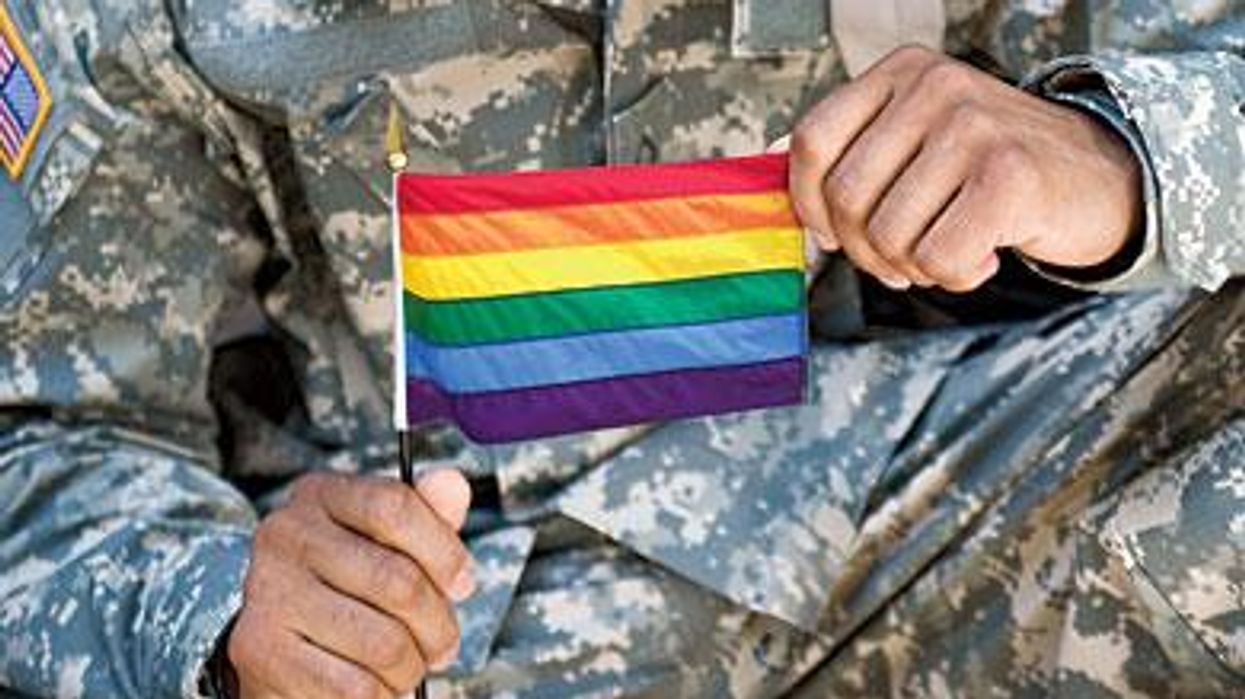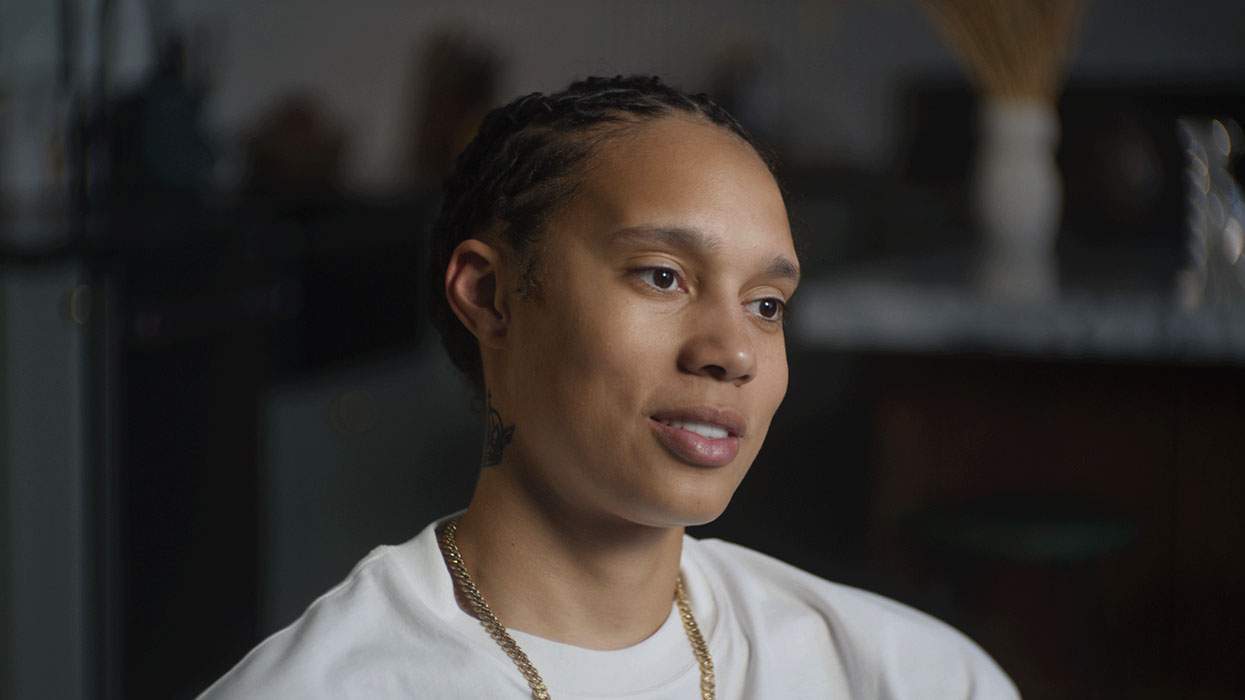As someone who has worked on the repeal of "don't ask, don't tell" for the past 12 years, I felt conflicting emotions watching the U.S. Senate authorize the repeal of the policy on the same morning that it rejected the DREAM Act--the proposed path to citizenship for illegal alien students of good moral character. The demise of the military ban is a great civil rights triumph for all Americans, not just gays and lesbians. But the failure of the DREAM Act illustrates why, in an important sense, repeal is not much of a victory at all.
By engaging in a dishonest debate about military readiness and failing to focus instead on the paranoid basis of the policy, we in the "don't ask, don't tell" repeal community missed an opportunity over the last 17 years to talk about the real source of discrimination--the tradition of paranoia in American culture. Our strategies were effective in paving the way for repeal. But the failure of the DREAM Act shows that paranoia simply moves on and affixes itself to other targets.
"Don't ask, don't tell" has taken a disastrous toll on gay troops. I know gay and lesbian service members who have been raped and not reported their assaults to commanders. Doing so could have generated rumors about their sexual orientation, and such rumors could have been used as evidence in discharge hearings. Others have lost their careers, failed to seek needed medical services, and attempted or committed suicide. For gay troops, equal treatment is the final stage in a long march that began in 1778, when the Continental Army drummed out Lt. Gotthold Frederick Enslin for sodomy.
For gay and lesbian civilians, the repeal of "don't ask, don't tell" marks a critical step in the path toward equality as well. Symbolically, the right to serve in the military has been a key marker of first-class citizenship in many societies. More concretely, the elimination of military bans often paves the way toward the expansion of other rights. Seven of the 10 nations that recognize same-sex marriage lifted their military bans before doing so. Groups fighting against repeal have been correct in pointing to the military ban as a line in the sand whose elimination would usher in greater acceptance.
Despite these historic stakes, the repeal struggle has always been about more than gay rights. It has been about the meaning of American citizenship. When the government punishes an entire class of people on the basis of their identity, it sets a dangerous precedent for everyone else.
Punishment on the basis of identity, just for being oneself as opposed to engaging in criminal activity, is nothing less than the first step toward fascism. That is part of the reason why Harvard professor Janet Halley has argued that if the legal mechanism at the heart of "don't ask, don't tell" were expanded to other laws, it would do great harm to individual freedom.
The repeal of "don't ask, don't tell" is a historic civil rights victory for all of these reasons. Yet in one important sense, it is not a victory at all.
But because the public tends to take military leaders at their word, we in the repeal community chose to engage in a dishonest conversation for nearly two decades. As long as military leaders continued to say, with a straight face, that equality would undermine the military, there was no way for us to frame the conversation in terms of unfairness and paranoia. So we shelved or downplayed rhetoric about that and focused instead on the bogus debate about whether repeal would undermine unit cohesion.
I have delivered more than 25 lectures on "don't ask, don't tell" at West Point and other military universities. During almost every question and answer session, a cadet says something offensive about gays and lesbians. Each time, I patiently explain that even if one believes that homosexuality is a sin or a "lifestyle choice," the Joint Chiefs of Staff stated clearly that the question for the military is whether repeal would undermine readiness. My colleagues in the repeal movement and I have successfully pitched a lot of media stories about Arabic linguists fired for being gay, but not so many about the connection among various forms of paranoia such as homophobia, racism, and xenophobia. That story is still one that needs to be told and explored.
It has not been difficult to undermine the military's arguments about unit cohesion and readiness, since much of the data already existed in 1993. The real trick was simply updating the evidence and presenting it to journalists on an ongoing basis. At this point, the unit cohesion arguments are so discredited that almost everyone has come around, including former secretary of State and chairman of the Joint Chiefs of Staff Colin Powell and former chairman of the Senate Armed Services Committee Sam Nunn--the ringleaders of the 1993 effort to block openly gay service. Even those military leaders who oppose repeal now agree that it could be implemented with strong leadership.
If we had to fight this fight all over again, we would probably engage in the same strategy and publicly dismantle the unit cohesion rationale slowly over time. But in failing to emphasize the paranoid basis of the policy, we have failed to hold our opponents fully accountable and thus missed an opportunity to engage with the public on this disturbing and dangerous aspect of American culture. With those deciding votes, one more right soon will be extended to one more previously outcast community. But the deeper parts of the culture that gave rise to the discriminatory policy in the first place remain alive and well.















Charlie Kirk DID say stoning gay people was the 'perfect law' — and these other heinous quotes
These are some of his worst comments about LGBTQ+ people made by Charlie Kirk.